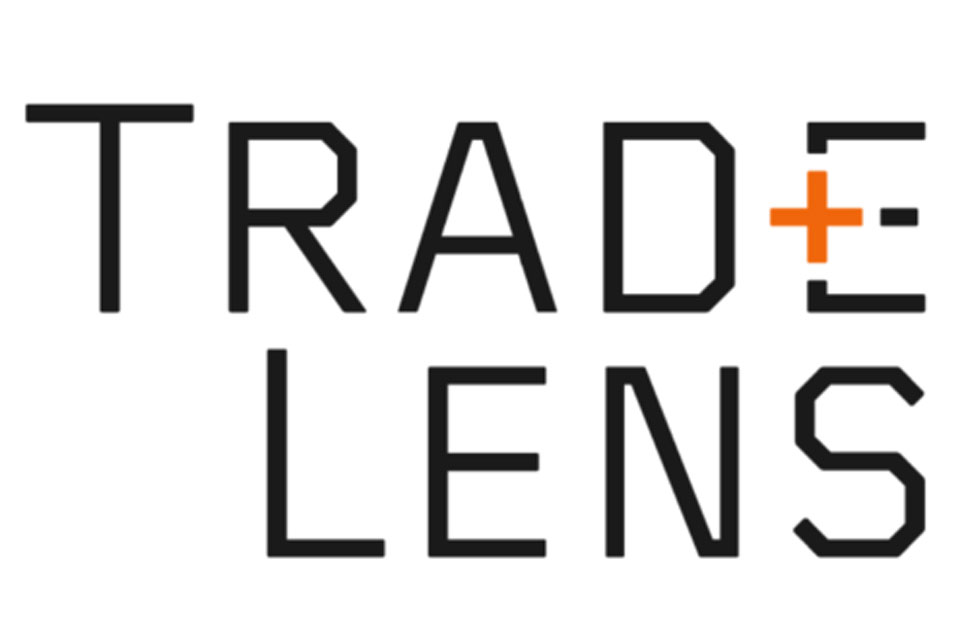94 companies join IBM-Maersk blockchain supply chain solution

Maersk and IBM have unveiled TradeLens, a platform jointly developed by the two companies to apply blockchain to the world’s global supply chain. TradeLens is the result of a collaboration agreement between Maersk and IBM, a blockchain-enabled shipping solution designed to promote more efficient and secure global trade, bringing together various parties to support information sharing […]

